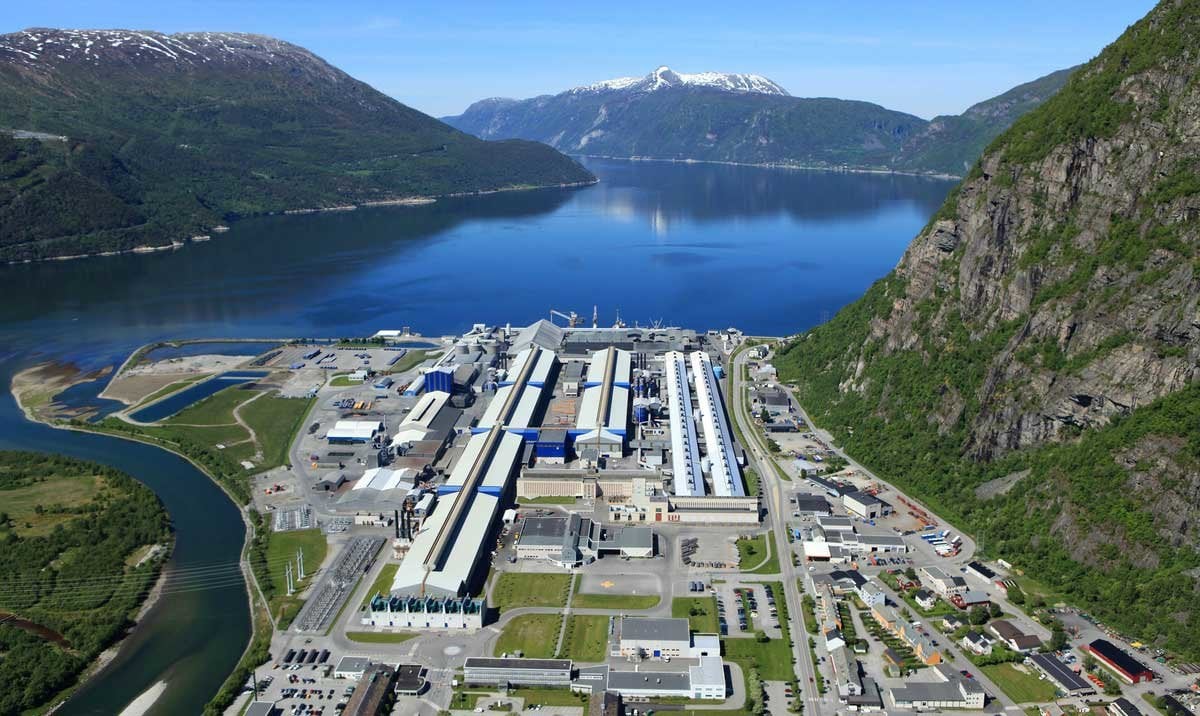

On Wednesday, August 30, Norsk Hydro announced that its aluminium smelter in Sunndal would start using local, sustainable bioenergy instead of fossil fuels to curb carbon emissions from the production process. It would be a momentous step towards achieving zero emissions after reducing greenhouse gas emissions by 55 per cent in Norway since 1990.

Ola Sæter, Head of Hydro's primary aluminium smelters, commented, "Replacing fossil energy with bioresources opens up new opportunities for decarbonization at our aluminium plants."
Hydro would be sourcing biomethane from local plants to be built in Møre og Romsdal and signed a letter of intent with Havila. Once biomethane plants are established in Norway, Hydro Sunndal will start securing the energy, estimated in 2024.
Hydro Sunndal plans to replace 70 per cent of the natural gas used at the casthouse and anode production facility with biomethane. Going forward, Hydro will start using this biodegradable energy at its other smelters.
"We supply aluminium to the most demanding customers in Europe. They prefer aluminium from Hydro that is produced in Norway, based on renewable energy and with 75 percent lower CO2 emissions than the industry average. At the same time, they expect us to also remove the last carbon emissions coming from our manufacturing processes. That is a challenge we take seriously and a goal we are working hard to reach," said Sæter.
While working on sustainability, Hydro, in the past one year, has produced near-zero carbon aluminium from recycled aluminum, demonstrated the suitability of green hydrogen in remelting aluminium, and started testing carbon capture in Sunndal.
"We are investing significant resources in being able to deliver aluminium without CO2 emissions as early as 2030. The work on introducing biomethane shows that we can achieve significant emission cuts in the period up to 2030," said Sæter.



Responses






